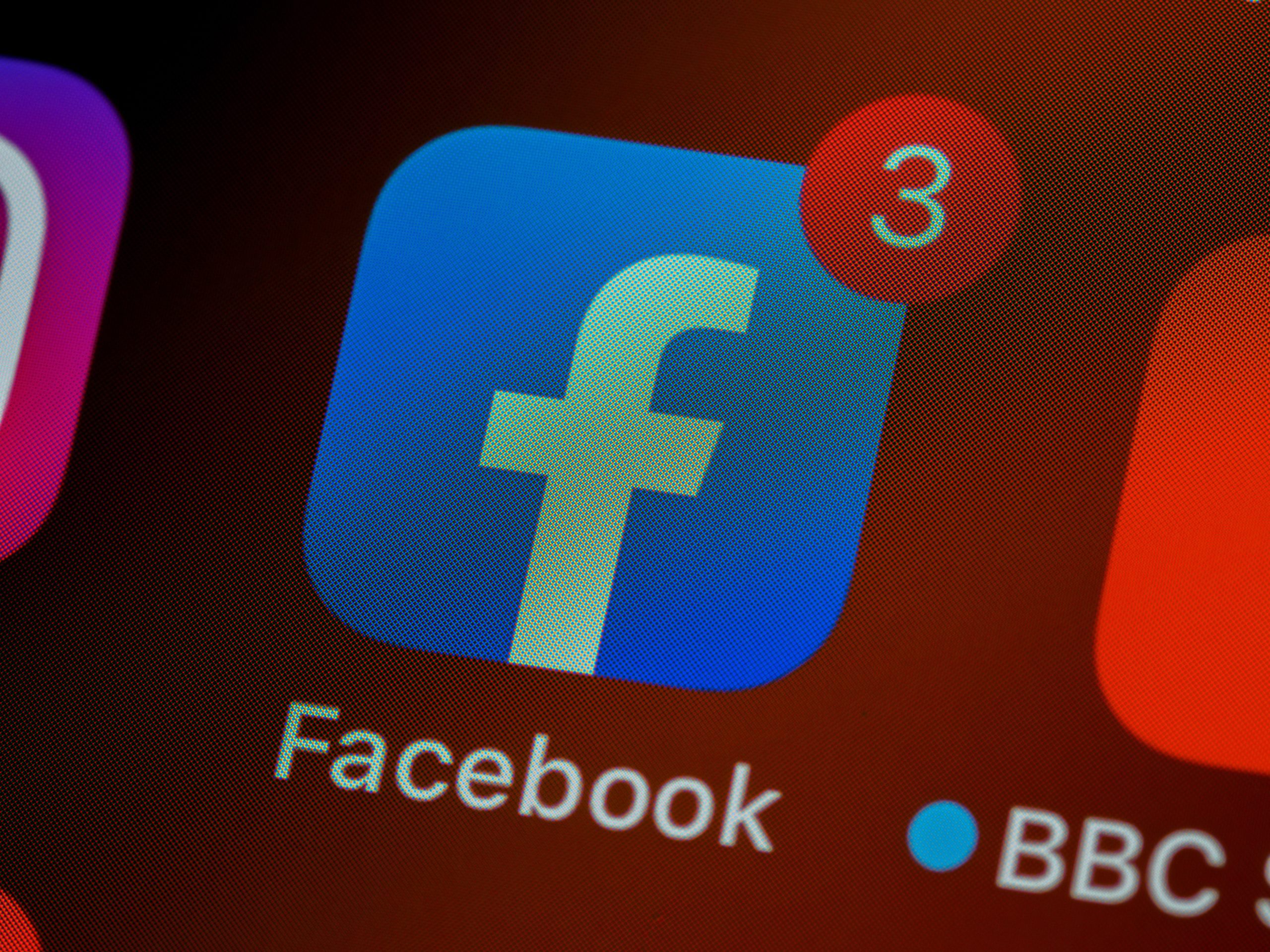Facebook continues to turn itself into an advertising and commerce destination. On November 30, Facebook announced the acquisition of Kustomer, a customer relationship management platform that specializes in conversational commerce, or forms of commerce derived from chat, messaging, and other interactive channels. The acquisition is clearly intended to beef up Facebook’s messaging and chat features as revenue generators.
We’ve been blogging about Facebook’s growing role as an advertising powerhouse for quite some time. Facebook is now the second-largest online advertising platform behind Google, according to eMarketer. Despite some occasionally bad publicity (and ad boycotts) Facebook’s ad revenue just keeps climbing in 2020, as I discussed on our blog in August.
Meanwhile, Facebook has been steadily building out messaging services as ways for brands to build and manage customer relationships. Businesses regularly use Facebook Messenger to engage with customers (as Spotify does) and manage transactions (as Paypal does). Developing Messenger as a form of conversational commerce is important to Mark Zuckerberg and COO Sheryl Sandberg. As Sandberg told investors in 2019,
Messaging is one of the fastest growing areas for online communication–especially between businesses and people. We’ve seen businesses use Messenger to reach customers, generate new leads and even sell cars. For example, French auto manufacturer Renault used a combination of Instagram Stories and Click-to Messenger ads to drive sales of a limited-edition vehicle, the Captur Tokyo. Facebook was their only advertising channel, and over the span of 30 days, they sold 100 cars—20 directly through Messenger. This quarter we added a Click-to-Messenger feature in Stories so businesses can grab someone’s attention in Stories and then continue the conversation.
In fact, Kustomer already helps businesses manage apps such as Messenger and WhatsApp effectively. It’s the software that makes it possible for business to aggregate and respond to customer inquiries via Facebook Messenger. Kustomer must be doing its job well. By purchasing the company, Facebook will provide capital and resources to scale Kustomer’s platform across Facebook’s global business. As Bloomberg tech reporter Kurt Wagner wrote on LinkedIn:
Facebook has a vision to turn its messaging services into de facto websites for businesses. In Facebook’s perfect world, a business could post its product catalogue, process payments, and handle customer service requests — all within WhatsApp. Buying Kustomer should help Facebook with that third part.
Indeed, in announcing the acquisition, Facebook said more than 175 million people contact businesses via WhatsApp. By acquiring Kustomer, Facebook will certainly become even more appealing to advertisers. Why? Because Facebook will be able to own both awareness building (via advertising) and customer conversion (via conversational commerce). As CNBC noted,
By bringing Kustomer into the fold, Facebook will be providing small businesses that use its service to advertise and sell goods more features to close sales through the social network’s services. This should seemingly lead these businesses to spend more on Facebook advertisements. That’s key for the company, which makes nearly 99% of its revenue from advertising.
What Businesses Should Do
- Don’t let controversy make you second guess Facebook as an ad platform. Facebook is here to stay, and the company’s strong 2020 financial performance demonstrates that it’s benefitting from the surge in online use of social media apps this year.
- Take a closer look at Facebook’s conversational commerce features such as Messenger and WhatsApp. Messenger Ads can spark interest, for example, and the Messenger the app can be a brilliant customer service tool. And combine Messenger with Stories for an engaging and ultimately personal customer experience.
- Watch how competitors such as Amazon Advertising and Google respond. Google especially has a huge opportunity to help businesses build out their Google My Business listings with conversational commerce tools such as chat.
Contact True Interactive
How can your brand benefit from digital advertising? Contact us. We can help.
